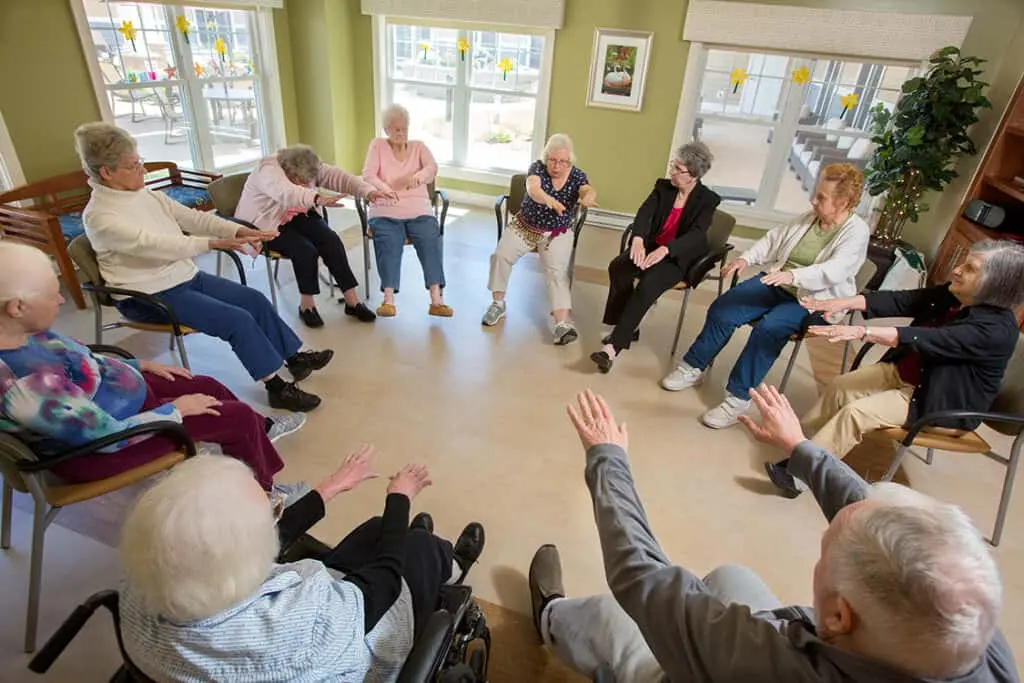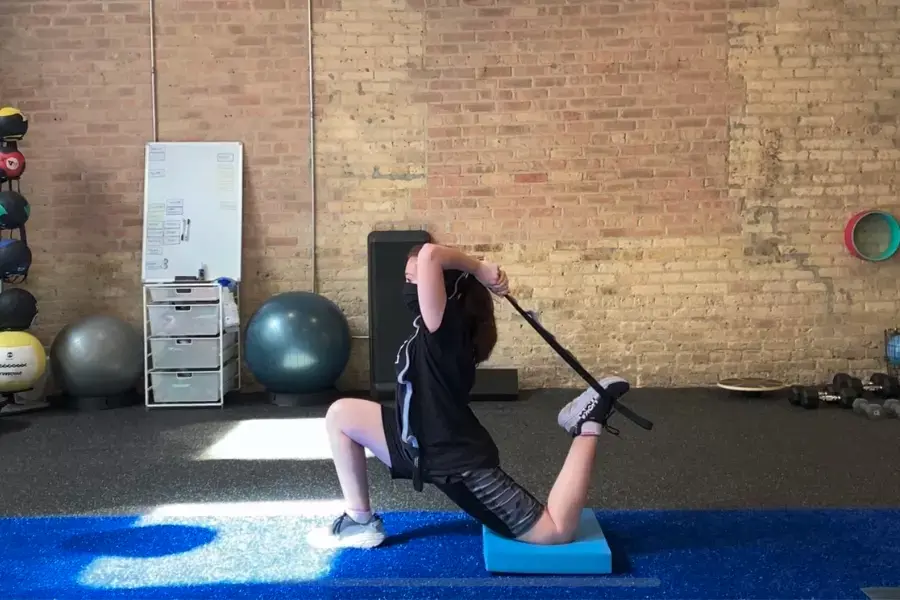
🏡 Choosing the Right Assisted Living Facility
The first step in the transition process is selecting the right assisted living facility. It's important to find a place that meets the senior's needs while providing a comfortable and supportive environment. Here's what to consider when choosing a facility:
| Factor | Explanation |
|---|---|
| Location | Choose a facility close to family and friends to maintain emotional support. |
| Medical Care and Services | Ensure the facility offers appropriate medical assistance and support. |
| Amenities | Look for additional services such as recreational activities, meals, and housekeeping. |
| Cost and Insurance | Verify the facility's cost structure and whether insurance or Medicaid covers expenses. |
| Staff-to-Resident Ratio | A higher ratio means better attention to each resident’s needs. |
Selecting a facility that aligns with personal preferences and care requirements will make the transition smoother and more comfortable.
🧳 Preparing for the Move
Moving to an assisted living community can feel like a significant change. Here are some practical tips to make the moving process less stressful:
- Downsize and Declutter: Since space in assisted living communities is often more limited, it's helpful to downsize by eliminating unnecessary items. Focus on keeping only the essentials and sentimental items.
- Pack Personal Items: Bring familiar personal items like photos, a favorite blanket, or keepsakes to make the new space feel more like home.
- Prepare Legal and Medical Documents: Gather important paperwork like medical records, legal documents, and emergency contacts to ensure easy access when needed.
- Plan the Move: Organize the logistics of the move, including transportation for the senior and their belongings. Consider hiring professional movers to make the process easier.
👥 Adjusting to the New Environment
Adjusting to a new living space can be challenging, but there are ways to ease into the transition. Here are some strategies for a smooth adjustment:
| Adjustment Tip | Explanation |
|---|---|
| Familiarize with the Facility | Explore the new space, meet staff, and understand the services provided. |
| Engage in Activities | Participate in social and recreational activities to feel more connected. |
| Establish a Routine | Create a regular routine for meals, activities, and rest to foster comfort. |
| Maintain Communication | Stay in touch with family and friends to maintain strong emotional support. |
Familiarizing oneself with the new environment, staying active, and maintaining connections with loved ones will help make the transition easier.
💬 Maintaining Communication with Family and Caregivers
Communication with family members and caregivers is essential to ensure the senior’s needs are being met. Here are ways to keep the lines of communication open:
- Be Honest About Concerns: Encourage seniors to express any concerns they may have about their new living arrangement. Clear communication will help address any issues early on.
- Involve Family in the Process: Ensure family members are involved in both the decision-making process and the adjustment period. Their emotional support can make a huge difference.
- Regular Check-ins: Family members should make it a point to check in regularly, either through visits, calls, or virtual meetings, to stay informed about the senior's well-being.
🏁 Conclusion
Transitioning to assisted living can be a challenging but rewarding experience for seniors. With the right preparation, support, and communication, this new chapter can provide enhanced quality of life, safety, and care. By following these tips—carefully choosing a facility, preparing for the move, and maintaining strong connections with loved ones—seniors can adapt more easily and enjoy their time in assisted living.


